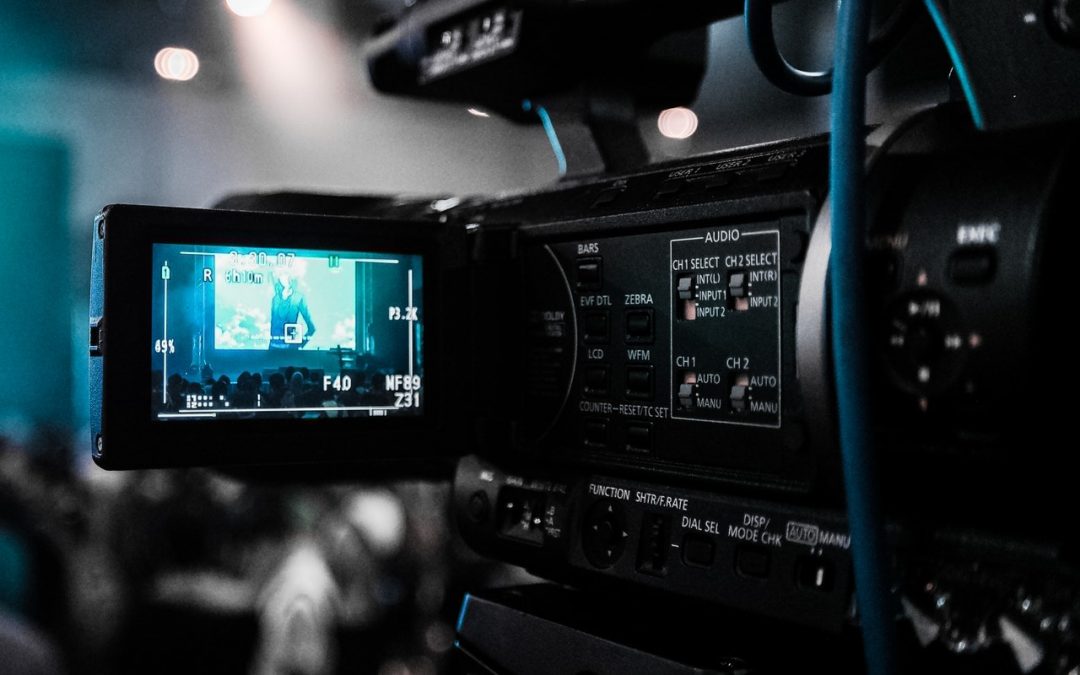Why Planning Ahead is Essential for Great Video Production
From the moment we begrudgingly roll over and hit Snooze until the moment we crash at the end of every day, we are surrounded in video content like social media, YouTube, news websites, Netflix and Facebook Live.
Yet despite video content playing such a massive part in most consumers’ lives, many businesses still haven’t jumped on the video production bandwagon. Some haven’t come to the realisation that video is essential if they want to remain competitive. Others may recognise the need to integrate video production into their marketing strategy or internal communications, they just have no idea where to start.
Often a company’s limited knowledge of video production is finding a camera, shooting some footage, and posting it somewhere online. How that actually happens often isn’t given a moment’s thought; they simply focus on the result. However, the most important part of the video production process is what happens before the camera starts rolling. Here are our top nine pre-production tips to help you create successful video content, regardless of your level of experience.
Plan Ahead
If you know you’ve got a conference coming up, yet a third of your staff won’t be able to make it because they’ll be keeping your business going, give yourself enough time to figure out how video can help everyone who works for you attend in some capacity. Whether it’s a live feed so staff members all over the country can watch it in real time, or filming your event then producing full videos that staff can access later, give yourself plenty of lead-in time to dot all your Is and cross your Ts.
Determine Your Budget
Knowing your budget before you start planning enables you to avoid over-promising and under-delivering. If you want to fly your crew to Fiji to shoot, but only have a $2000 budget, you might need to lower your expectations (or find more money). While it’s common to think that DIY video production will help you save money, the reality is that if you have little experience, what might seem cheap in dollars might become very expensive in time (and eventually dollars). The beauty of working with a company like Auckland video production company Onepost is that, once you establish your budget, they will give you an exceptional result that won’t break the bank.
Target Audience
One of the most important questions you need to ask yourself is, “Who will be watching this?” Establishing your target audience will help you figure out exactly what needs to be conveyed and how. Target audience influences the style of voiceover or interview and the tone of your overall video, because what appeals to a retiree isn’t likely to appeal to a millennial.
Write Your Script
You can’t just ‘wing’ a great video; it’s important to take time to prepare and edit your script until you’re happy it ticks all your boxes. While the boss might think they have the expertise to write a script, not everyone is good at it, so don’t be afraid to say no to them in favour of a professional copywriter. Remember, too, that consumers have short attention spans. If you don’t get to the point within a few seconds, you may lose them.
Storyboards & Shotlist
A storyboard takes the images you have in your head and puts them on paper, thereby enabling a video producer to visualise the shoot before it happens. A shotlist lists the shots you need to shoot on location to fulfil your storyboard. The last thing you want to happen is complete a full day of filming, only to get home and realise you missed the most important shots.
Determine Locations
Where you shoot your video will impact many parts of the video production process, particularly budget. A studio is a great option because it has everything you need (you and your actors just need to turn up). Shooting on location is also great if you’re looking for a more natural look, however it comes with additional extras you need to consider like travel and equipment transportation.
Location Recces
Whether you’ve decided to shoot in a studio or on location, take the time to visit your locations well ahead of time. Look out for potential problems around audio (like too much road noise or cicadas), lighting (too shady or glare-y) and extras (will shooting on the main street mean you have to get permission from everyone who walks into shot?). Use this time to ensure the location will look like it does now, when you start shooting too. If you choose a location for its beautiful garden, then turn up and the gardeners have ripped it all up to replant it, you will need to find another suitable location pronto.
Book Talent
If you need actors or voiceover artists, make sure you find talent that fits the bill well in advance (and if you need the CEO to feature, make sure he doesn’t have other important meetings that day).
Special Requirements
Do you want to use a drone, or film in a public area? Do you need special equipment or access to an unusual shooting location? Are you shooting a ‘70s-themed video and therefore need lots of flares? Do you need to get permission from the local council? These kinds of things often take longer than a few days to confirm, so giving yourself plenty of lead-in time will ensure you’re not disappointed.
Keen to let the professionals develop a world-class explainer video or corporate video for your business? Ask the friendly Onepost team for a no-obligation quote today.


